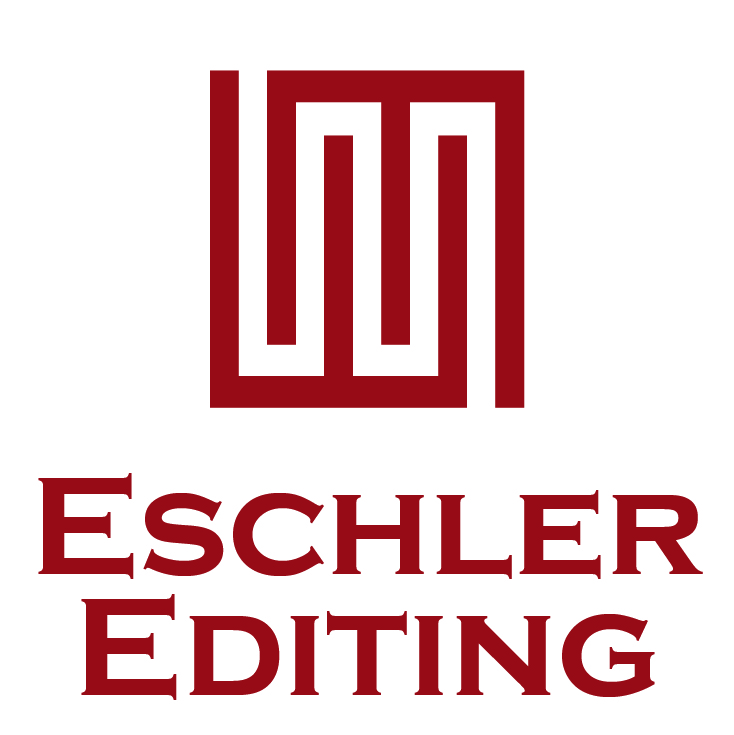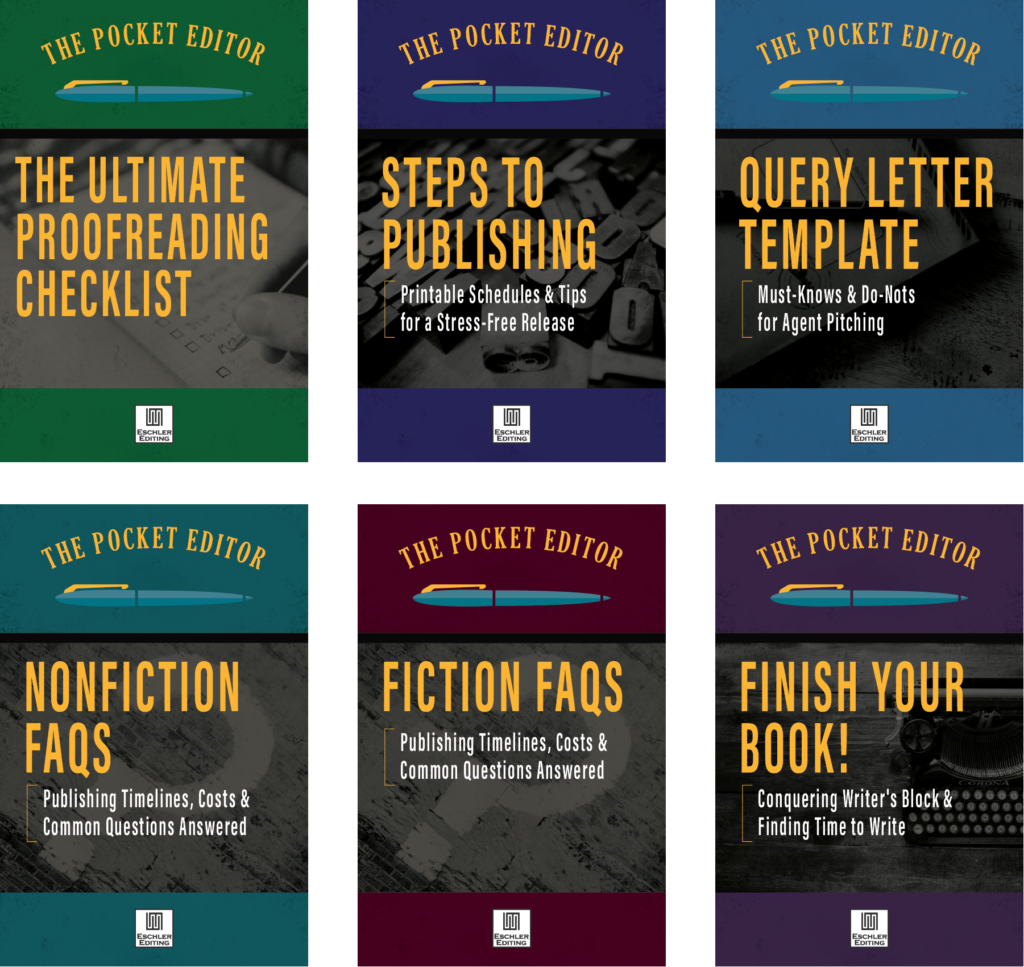by Angela Eschler
As a coach, speaker, or business owner, you may have heard that being a bestselling author gives you more credibility than being a doctor these days—that it’s the golden ticket to business success. So obviously, you need to get your book out there quickly so you can use it to start expanding—or even building—your platform. After all, having a book helps you:
- Get more speaking gigs
- Have another revenue stream to support that platform (from online royalties or selling books at the back of the room after a speaking event)
- Expand your audience tenfold through a lower-priced product (made available worldwide through online stores and libraries)
- Increase your opportunities to pitch to media and do interviews on radio, TV, podcasts, etc.
- Connect with clients and potential business partners by showing your expertise (and don’t forget: you can use your book as a gift!)
Yup. You’ve heard right. These are all compelling reasons to get a book out there quickly. And since the traditional publishing route pretty much never gets your book out there quickly (in most cases, think one to three years before it hits the shelves—assuming you get an agent at the speed of light), many entrepreneurs are going the self-publishing route.
Strategies for Fast Book Production
So how do you get a book out there quickly? There are lots of ways to approach this process.
- Pick only one small, focused problem and offer the solution for it in fewer than 10,000 words; so, for example, write a book on “five steps to breeze through difficult conversations with employees” instead of on “everything you need to know about people skills, negotiating, body language, hiring, and firing, etc.”
- Compile all of your blogs, PowerPoint presentations, social media posts, speeches, recorded coaching calls, etc., and roughly organize them (edit it down) around a few key ideas.
- Turn your signature speech into a book (just record it and have it transcribed).
- Get together with other like-minded professionals and do a themed compilation book on your individual stories or on how you each solved a problem.
Easy, right?
What Haven’t You Heard?
While I’m all for helping authors self-publish and build their platforms with quickly produced books, I have learned a thing or two coming from “behind the curtain” of traditional publishing that I think most new authors learn only in hindsight.
There’s a reason traditional publishing sets such a high bar—there’s stiff competition in going that route—and it takes a long time to get a book to press.
Traditional publishers understand the long-term results of good branding.
Unless they are happily shoulder-shrugging while expanding the market for an inexplicable self-published success (that sold like hotcakes to a huge, built-in platform of readers), traditional publishers won’t take a book that isn’t really compelling in each of these areas:
- Well organized; each fresh idea builds momentum gracefully and powerfully, convincing the reader of the value and truth of the ideas being proposed (avoiding redundancy, confusing paragraphs, muddy arguments, etc.)
- Full of emotionally impactful stories that concretely support the ideas the author is developing
- A strong, unique hook that can get both media and a bookshelf browser’s attention despite all the competition from similar products
- Good writing—not just mechanically clean writing (with correct grammar, punctuation, spelling, and lack of typos), but prose that captures the stories and ideas with powerful verbs, word economy, precision, and strong voice/compelling style
Why does any of that matter? Because a publisher wants to make the deepest possible emotional impact on the broadest possible audience: impressed, moved, excited readers mean repeat buyers for future books, converted clients for the author (which means a bigger platform for future books), and excellent reviews and interview requests (which drive book sales). Publishers don’t want to rely on one-time marketing strategies to sell a single book in the short term. They are investing in something; they want long-term buying conversion to that author’s brand.
The quality of the book—from its well-edited guts to its cover to the marketing copy on the back (and even the type of paper it’s printed on)—is a publisher’s best chance to convey the brand experience that will convert readers.
Compromise for the Solution
So, yes, you can jump on the bandwagon and quickly slap your book together, have only one or two other people give you their thoughts, and hire a proofreader to find the typos (which is different from the type of editor who deals with the items in the good-branding list above, FYI).
And you can even sell a lot of books at the back of the room and pay for the kind of marketing that will make it a best seller in some Amazon category. But what’s after that? If someone attends your speech and then buys your signature-speech book, what increased value did you give them? Will they be that interested in the next thing you produce, or will they write you off as a one-hit wonder?
Will they hear an interview and be excited about your ideas and then get a book that is, plainly, a somewhat redundant, sort-of-disorganized collection of social media posts (an annoying experience I personally had where I had to skim through two hundred pages of “stuff” to find a few golden nuggets of advice)?
I’m not trying to be Debbie Downer, but if you want to use your book to grow your business long-term, then the smoothest path to success is to have a clear, firm, and impressive book-branding experience in place from the get-go. That kind of experience will bond readers to you beyond the few moments they’re hearing your signature speech. It will give them more value, more interest in you, and more loyalty as converted clients (and it will be more convincing to any business partners you’re courting). With a higher-quality book, you’ll truly convey the expertise you have.
Do Now
It’s never too late to up-level your branding. If you’ve already published a quick book, don’t sweat it. Let it continue to produce what results it can while you consider if you could take it to the next level. If you’re thinking maybe you should redo the cover or the marketing copy, find a professional in the book industry to help you. If you think maybe your content could be spruced up for greater impact or to offer readers a touch more beyond your speech, find a good developmental editor (and a deep-line editor) to give you that professional edge. That’s the beauty of self-publishing, after all—you control everything.
If you’re still developing your book, how do you incorporate the lessons of traditional publishing into your plan for quickly producing your book?
- Get your content together quickly and, by all means, team up with the marketing power of other professionals if that makes sense for you; but in traditional publishing (where quality equals long-term success), that’s called a draft. It’s not what you go to press with.
- Get lots of feedback—not from close friends, your mom, or a single mentor. Use whatever networks you have (including social media and/or the audience for any online courses you’ve created) to refine your ideas by beta testing them to see what gets engagement and interest. Then, when you have it all in book form, get readers you don’t know (preferably anonymously so they don’t feel uncomfortable being honest) to tell you where they put the book down (when they got bored), what was most helpful/insightful, what their thoughts are on the organization, and what was confusing or redundant, etc. (You’ll want to find readers who are actually facing the problem for which you’re providing a solution.)
- Hire a professional developmental editor—don’t just get a copyedit or proofread; these latter services are both types of professional editing, but they are final steps. These editors should be the second and/or third set of eyes (traditional publishers have two to six different editors review each book for quality control). A developmental editor is trained in developing ideas, making sure your book is well organized, and in helping the audience connect with your voice—in short, his/her job is to make sure the market you want to speak to is going to understand your message and be moved by it. (Often this type of editor has expertise in your subject matter, whereas most copyeditors/proofreaders won’t.) If you’re writing a memoir (or a narrative-driven inspirational/how-to), find out if your nonfiction editor also has extensive training in story structure, thematic through-lines, character development, and so on.
- When you go to self-publish, your best bet is to hire individuals or teams that have experience in the traditional publishing industry so you can apply that experience to producing a quality book—one that will look as good as what the traditional industry produces. For instance, you want a team who knows what makes a good cover and why. (They shouldn’t just ask you what you want on the cover and “insert here.”) Are the fonts professional, or do they say “self-published”? Is the marketing copy actually marketable (has a good hook, covers reader pain points and desires, is well-worded), or is it just a general summary of your content? Does the vendor insist your cover, tagline, and image tell a cohesive genre story and hook your ideal target market? (Most won’t.)
Sound Like This May Take a While?

If speed is your priority, or you’re really starved for time, you can even give your content (social media posts, PowerPoint presentations, your recorded signature speech) to a ghostwriter who can spin gold from it, capture your voice, and have it all done within a couple of months.
Spun gold—that’s the kind of book that’ll have your readers coming back for more. That’s the kind of book a traditional publisher may consider picking up after you’ve made a self-pubbed success of it. That’s the kind of book that can be your legacy.
In short? Get it done fast, but get it done right.
__________________________________________________________________
Angela Eschler, founder of the award-winning Eschler Editing, has more than seventeen years of experience in the publishing industry, including nearly a decade working in-house at traditional publishers. She now works as a freelance editor and industry coach for authors, editors, publishers, and other organizations and has edited nearly a thousand manuscripts from diverse genres. A published author herself (inspirational works for women), Angela’s work has been featured on television, radio, and in documentary film. As a certified word nerd, she loves connecting with writers and readers of all sorts.








Lindsey obviously practices what Angela preaches. This article is well developed, the title is a good hook, and the white space allows time for me to absorb the new ideas. The aha-idea for me was to hire a developmental editor before the copyeditor and to get feedback from anonymous readers. I’m all for building a deeper brand.
I’m excited to work with her to gather in my ideas and launch them a few months later than if I only hired a copyeditor and a proofreader, and asked family and friends for feedback..